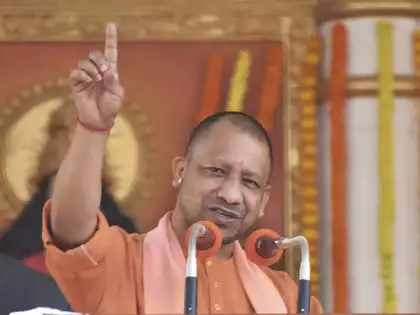Dhaka [Bangladesh]: In a landmark decision, the High Court Division of the Bangladesh Supreme Court has partially annulled the Fifteenth Amendment to the Constitution and reinstated the non-partisan, neutral caretaker government system, lawyers announced on Tuesday.
The verdict was delivered by a High Court bench comprising Justice Farah Mahbub and Justice Debashish Roy Chowdhury, with Senior Justice Farah Mahbub reading the main judgment.
Key Observations of the Verdict
The court emphasized that the caretaker government system was rooted in political consensus, making it a fundamental aspect of the constitution. It further stated that the Fifteenth Amendment, which abolished the caretaker government system in 2011, disrupted the basic structure of the constitution, which is democracy.
The judgment highlighted:
- “The beauty of the constitution lies in the empowerment of the people, as they are the source of all power.”
- Only fair and acceptable elections can uphold democracy and ensure its continued function.
- While the Fifteenth Amendment will not be entirely repealed, its provisions undermining the caretaker government system will be revised.
Background on the Caretaker Government System
The Fifteenth Amendment, passed in 2011, abolished the caretaker government system in Bangladesh, which had been established to ensure free and fair elections. This system had been a mechanism to maintain neutrality during election periods by temporarily transferring power to a non-partisan entity.
Political Context
Chief Adviser Muhammad Yunus, in his Victory Day address on December 16, stated that Bangladesh’s next general elections could be scheduled between late 2025 and the first half of 2026. Emphasizing the need for political consensus, Yunus remarked:
“If political consensus allows us to conduct elections with accurate electoral rolls and implement necessary reforms, elections could be possible by the end of 2025.”
However, Yunus acknowledged that additional time might be required to implement electoral reforms, suggesting that elections may take place as late as mid-2026.
Political Instability and Recent Developments
Bangladesh has been grappling with political instability. On August 5, a student-led movement ousted former Prime Minister Sheikh Hasina after weeks of protests and violence, resulting in over 600 deaths. Sheikh Hasina fled to India, and an interim government led by Yunus assumed charge.
This decision by the High Court to restore the caretaker government system marks a critical step in addressing Bangladesh’s ongoing political challenges and restoring democratic stability.


